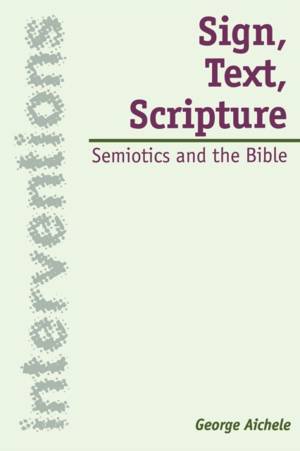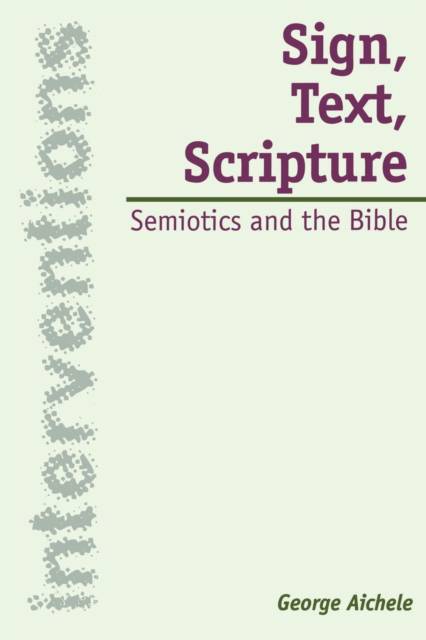
- Afhalen na 1 uur in een winkel met voorraad
- Gratis thuislevering in België vanaf € 30
- Ruim aanbod met 7 miljoen producten
- Afhalen na 1 uur in een winkel met voorraad
- Gratis thuislevering in België vanaf € 30
- Ruim aanbod met 7 miljoen producten
Zoeken
Omschrijving
This book is an introduction to the field of semiotics specifically directed to students of the Bible as well as to biblical scholars trained in other methodologies. The primary focus is on what semiotics is now-how contemporary scholars actually approach the Bible semiotically. Attention is given to the history and varieties of semiotic theory, because as it has influenced the work of more recent thinkers, and because postmodern reappraisals of semiotics call for rereading of biblical texts. The book is organized according to topics ('Sign', 'Message', 'Text', etc.), which provide a way to interrogate semiotics as a system. This stimulating account also includes, for good measure, reflections on what theology has become, for believer and unbeliever alike, in a post-Nietzschean, post-Heideggerian world: What does it mean to see theology as 'ideology'-a complex and never wholly conscious network of understandings, preconceptions, and expectations about 'the way things are'.
Specificaties
Betrokkenen
- Auteur(s):
- Uitgeverij:
Inhoud
- Aantal bladzijden:
- 163
- Taal:
- Engels
- Reeks:
- Reeksnummer:
- nr. 1
Eigenschappen
- Productcode (EAN):
- 9781850756910
- Verschijningsdatum:
- 1/10/1997
- Uitvoering:
- Paperback
- Formaat:
- Trade paperback (VS)
- Afmetingen:
- 156 mm x 234 mm
- Gewicht:
- 240 g

Alleen bij Standaard Boekhandel
+ 179 punten op je klantenkaart van Standaard Boekhandel
Beoordelingen
We publiceren alleen reviews die voldoen aan de voorwaarden voor reviews. Bekijk onze voorwaarden voor reviews.








